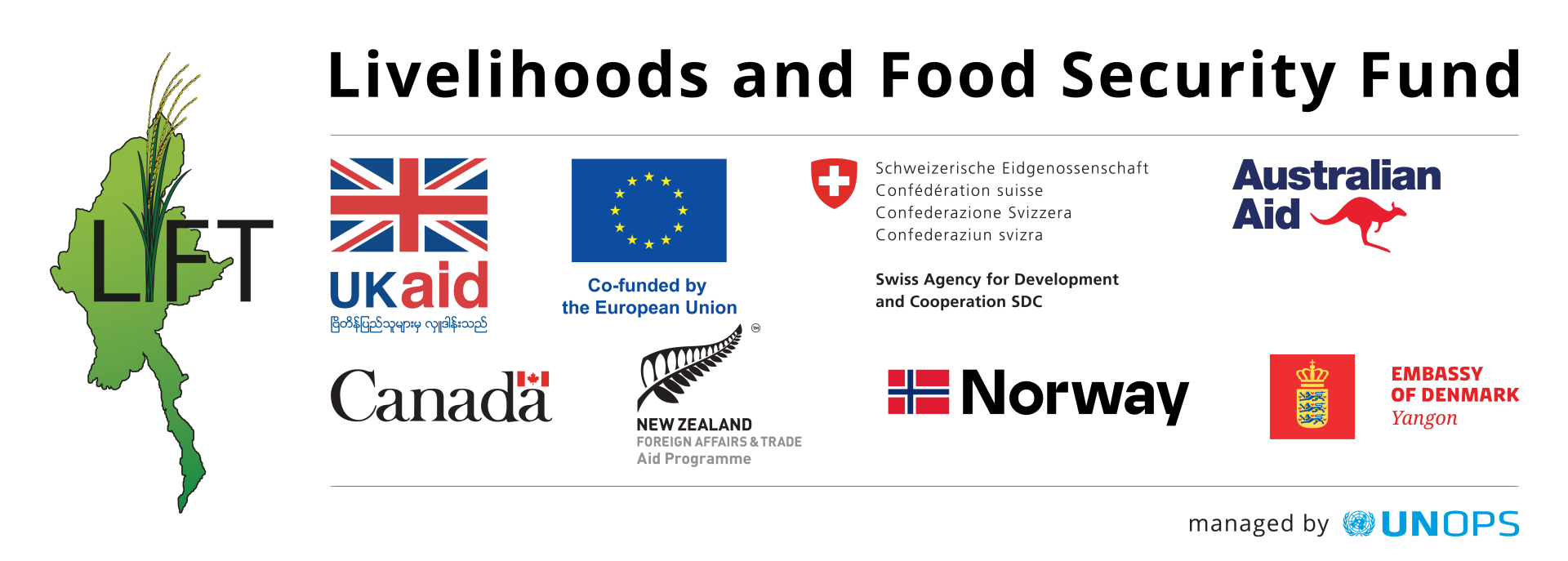
This study aims to answer two of LIFT’s Evaluation and Learning Questions covering relevance: “to what extent have the LIFT strategy and LIFT interventions been relevant to the needs of the people it intends to reach?” and sustainability: “to what extent has LIFT identified and established socially, environmentally, and economically sustainable approaches for achieving the purpose and programme outcomes?” The study made use of standardised tools to assess project relevance and sustainability and identifies the key drivers of relevance and sustainability across a sample of 50 LIFT projects implemented between 2015 and 2018 . The study finds that while LIFT projects tend to perform very well in terms of relevance, achieving sustainability appears more challenging. The study identifies three key factors across different thematic areas that influence project sustainability: the level of complicatedness of the project, the extent to which the project provided direct support compared to more collaborative “facilitation”, and the extent to which projects had thought about and integrated sustainability into their project design and (adaptive) management.


